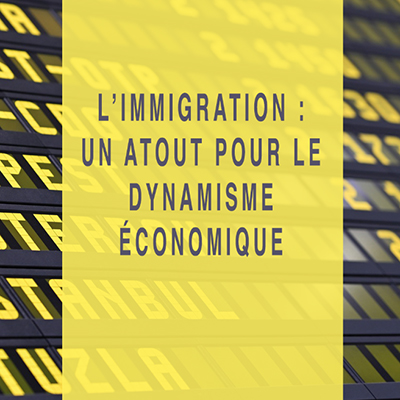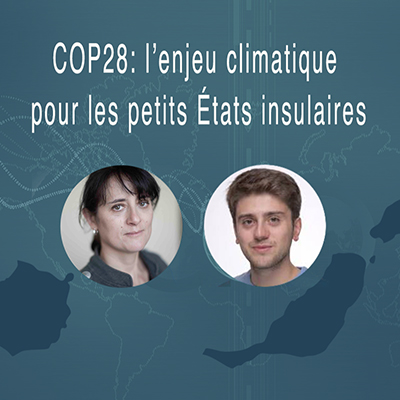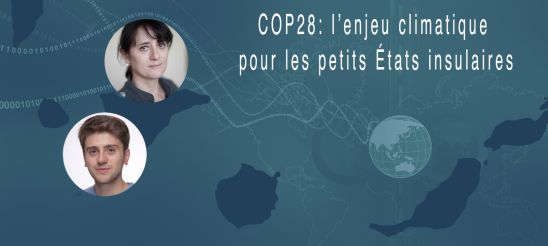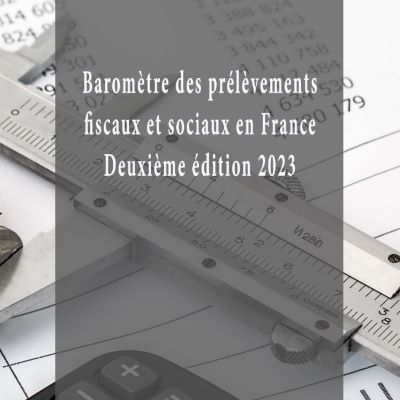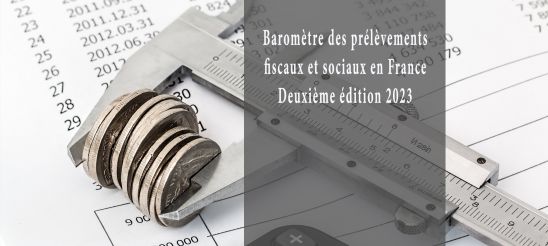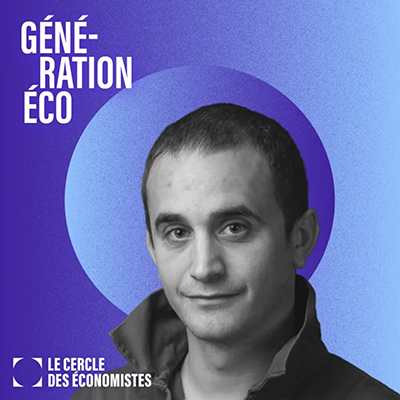6 février 2024
L’immigration : un atout pour le dynamisme économique
6 février 2024
Le système d’assurance-chômage aux États-Unis et son parallèle avec la France
Un article de Stéphane Auray, enseignant-chercheur en économie CREST-ENSAI.
30 janvier 2024
Le système d’assurance-chômage aux États-Unis et son parallèle avec la France
Un article de Stéphane Auray, enseignant-chercheur en économie CREST-ENSAI.
30 janvier 2024
COP28: l’enjeu climatique pour les petits États insulaires
Une Chronique de Patricia Crifo et Stefano Dall’Aglio pour la revue Polytechnique Insights.
Le 31 janvier 2024
COP28: l’enjeu climatique pour les petits États insulaires
Une Chronique de Patricia Crifo et Stefano Dall’Aglio pour la revue Polytechnique Insights.
Le 31 janvier 2024
Green Human Capital, Innovation and Growth
CREST Working Papers Series No. 2024-02
Publication de la Cour des Comptes : Baromètre des prélèvements fiscaux et sociaux en France – Deuxième édition 2023
Le baromètre des prélèvements fiscaux et sociaux est un sondage réalisé par Harris Interactive pour le Conseil des prélèvements obligatoires (CPO), avec l’appui du Centre de recherche en économie et statistique (CREST)* . Cette deuxième édition permet de réaliser une comparaison avec les résultats obtenus en 2021.
Une majorité de Français continue à porter un jugement négatif sur le niveau et l’équité des prélèvements fiscaux et sociaux, mais considère aussi que le paiement des impôts et cotisations est un acte citoyen et soutient le renforcement de la lutte contre la fraude. Les Français se déclarent peu enclins à accepter une baisse des dépenses publiques en contrepartie d’une baisse des prélèvements. Ils estiment possible une amélioration de la qualité de la dépense publique à prélèvements constants ou inférieurs.
Les principaux déterminants du consentement à l’impôt sont par ordre croissant la connaissance du système socio-fiscal, la confiance dans les institutions, le sentiment d’équité fiscale et la satisfaction quant à l’utilisation de l’argent public. En observant les effets sur la moitié de la population interrogée après avoir visionné une vidéo consacrée au contrôle de l’argent public, le CPO peut établir pour la première fois un lien de causalité entre une meilleure compréhension de l’utilisation des fonds publics et de leur contrôle et une hausse du consentement aux prélèvements fiscaux et sociaux.
CPO 30.01.2024
Lien vers la publication :
https://www.ccomptes.fr/fr/publications/barometre-des-prelevements-fiscaux-et-sociaux-en-france-deuxieme-edition-2023
La presse en parle :
La Voix du Nord:
https://www.lavoixdunord.fr/1424855/article/2024-01-30/impots-les-francais-jugent-qu-ils-en-paient-trop-mais-ne-plaident-pas-forcement
Planet.fr :
https://www.planet.fr/impots-impots-mais-ou-donc-part-votre-argent.2967846.1556.html
* Pierre Boyer, Bertrand Garbinti et Emmanuelle Taugourdeau
Publication de la Cour des Comptes : Baromètre des prélèvements fiscaux et sociaux en France – Deuxième édition 2023
Le baromètre des prélèvements fiscaux et sociaux est un sondage réalisé par Harris Interactive pour le Conseil des prélèvements obligatoires (CPO), avec l’appui du Centre de recherche en économie et statistique (CREST)* . Cette deuxième édition permet de réaliser une comparaison avec les résultats obtenus en 2021.
Une majorité de Français continue à porter un jugement négatif sur le niveau et l’équité des prélèvements fiscaux et sociaux, mais considère aussi que le paiement des impôts et cotisations est un acte citoyen et soutient le renforcement de la lutte contre la fraude. Les Français se déclarent peu enclins à accepter une baisse des dépenses publiques en contrepartie d’une baisse des prélèvements. Ils estiment possible une amélioration de la qualité de la dépense publique à prélèvements constants ou inférieurs.
Les principaux déterminants du consentement à l’impôt sont par ordre croissant la connaissance du système socio-fiscal, la confiance dans les institutions, le sentiment d’équité fiscale et la satisfaction quant à l’utilisation de l’argent public. En observant les effets sur la moitié de la population interrogée après avoir visionné une vidéo consacrée au contrôle de l’argent public, le CPO peut établir pour la première fois un lien de causalité entre une meilleure compréhension de l’utilisation des fonds publics et de leur contrôle et une hausse du consentement aux prélèvements fiscaux et sociaux.
CPO 30.01.2024
Lien vers la publication :
https://www.ccomptes.fr/fr/publications/barometre-des-prelevements-fiscaux-et-sociaux-en-france-deuxieme-edition-2023
La presse en parle :
La Voix du Nord:
https://www.lavoixdunord.fr/1424855/article/2024-01-30/impots-les-francais-jugent-qu-ils-en-paient-trop-mais-ne-plaident-pas-forcement
Le Cercle des Économistes : Une interview de Benoît Schmutz pour le podcast Génération Économie.
29 janvier 2024
Benoît Schmutz pour le Cercle des Economistes.

